Christmas Gift Vouchers
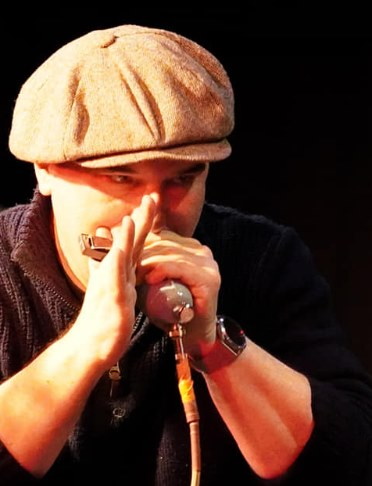 What better way to start the New Year than learning to play the harmonica with personal guidance from the Harp Surgery’s professional harmonica tutor?
What better way to start the New Year than learning to play the harmonica with personal guidance from the Harp Surgery’s professional harmonica tutor?
About your harmonica tutor
Every day on Zoom, and one-to-one in the comfort of the Harp Surgery itself, countless Harp Surgery students enjoy the benefits of learning harmonica under the expert care of Richard Taylor. With over thirty years of hands on teaching experience, Richard is a Trinity College CME qualified music practitioner.
Through his specialist harmonica teaching in primary education, Richard has also mentored over a dozen junior national harmonica champions. His harmonica music has been featured on BBC TV and he’s shared stages with a long list of top harmonica performers. And each February Ricard is Producer and Director of Harpin’ By The Sea, the UK’s leading international harmonica festival.
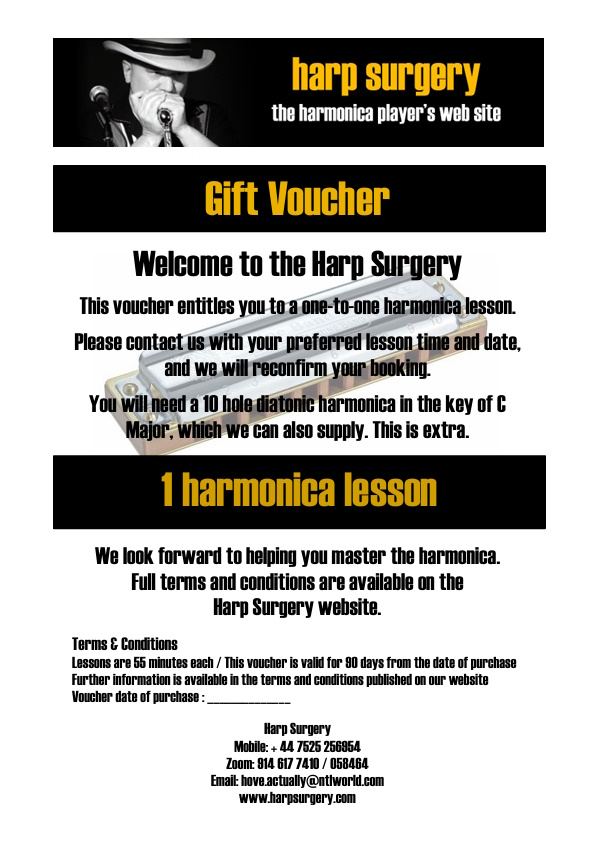 Whether it’s a Christmas gift, a birthday surprise, or a special thank you, a harmonica lesson is a great way to show your loved one how much you care! Simply email or call us with your requirement. We’ll then help you purchase the lesson format you’d like (or a course of lessons), and email you a voucher to print out at home. We can also provide you with a harmonica to complete your gift and help get everything underway.
Whether it’s a Christmas gift, a birthday surprise, or a special thank you, a harmonica lesson is a great way to show your loved one how much you care! Simply email or call us with your requirement. We’ll then help you purchase the lesson format you’d like (or a course of lessons), and email you a voucher to print out at home. We can also provide you with a harmonica to complete your gift and help get everything underway.
Read more

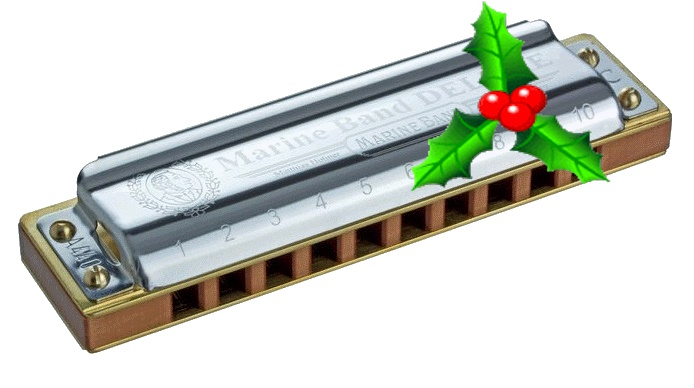


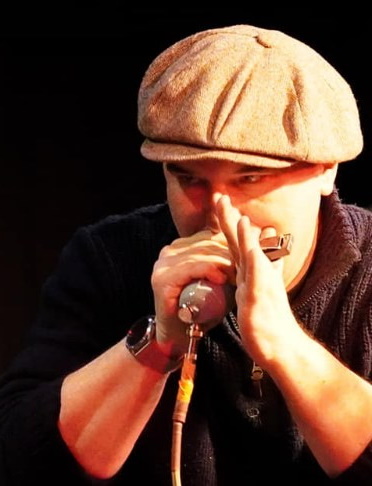
 This information is given from a lip-pursed embouchure perspective, but may be useful for other embouchures. Audio files are based on a 10 hole diatonic harmonica in C major.
This information is given from a lip-pursed embouchure perspective, but may be useful for other embouchures. Audio files are based on a 10 hole diatonic harmonica in C major.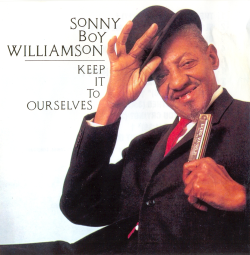
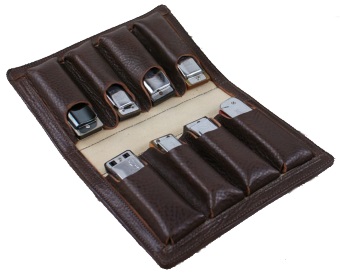 The keys to success
The keys to success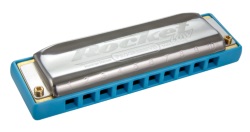 How low can you go?
How low can you go?